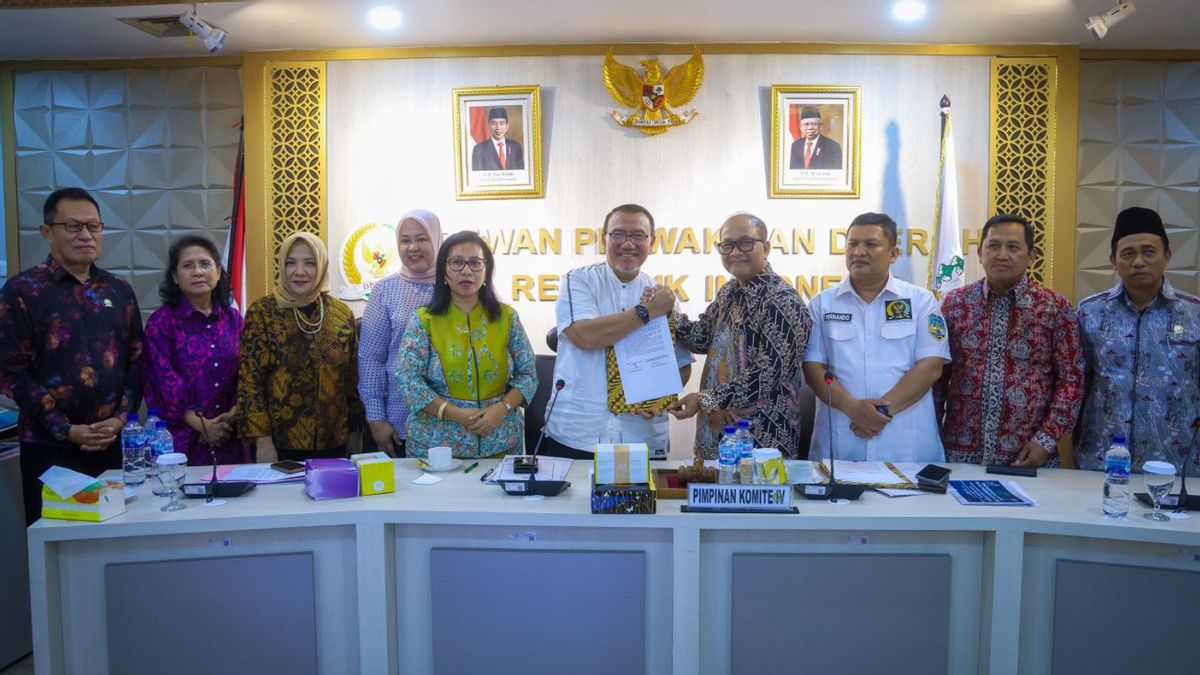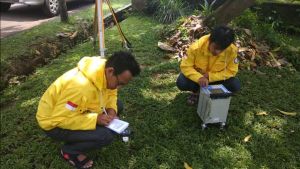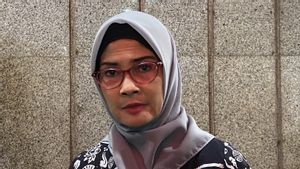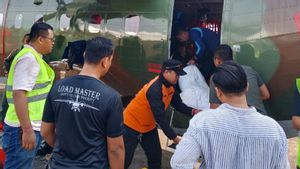JAKARTA - The Ministry of Cooperatives and SMEs (Kemenkop UKM) said, there are seven basic things that the government focuses on changing the three Cooperative Laws (UU) in 2023.
This was stated by the Secretary of the Ministry of Cooperatives and SMEs (Seskemenkop UKM) Arif Rahman Hakim in a Hearing Meeting (RDP) with Committee IV DPD RI in Jakarta, Monday, November 13.
"First, the modernization of institutions and cooperative businesses so that they can be compatible with the times. This is done by modernizing the provisions of membership, organizational devices, capital, business, and supporting ecosystems," Arif said in a press release quoted on Tuesday, November 14.
Second, the recognition that cooperatives can run businesses in various business fields. Cooperatives can choose a business field in accordance with the choice of the Indonesian Business Field Baku Classification (KBLI) which has 1,790 options.
"So that cooperatives have great flexibility in various business fields," he said.
Third, affirmation of real sector cooperatives to support and drive the community's economy. Cooperatives in the agriculture, fisheries, forestry, plantations, processing, tourism, and so on sectors are currently underdeveloped.
"In fact, the sector absorbs a large workforce and contributes a high added value," said Arif.
Fourth, purification and strengthening the business of savings and borrowing cooperatives so that they are based on identity. Regulates the standard of good governance, because savings and loan businesses are classified as high-risk businesses.
Fifth, the establishment of two savings and loan business buffer institutions. Here, the existence of an independent supervisory agency requires member savings guarantor institutions. This is because the effectiveness of law enforcement can be carried out when member funds are guaranteed by certain institutions, such as in the financial industry with the existence of OJK and LPS.
Sixth, recognition and regulating the existence of supporting institutions/profession and supporting operations as an integrated ecosystem.
There are at least 21 institutions/professions involved in building cooperatives.
"For this purpose, the government coordinates the synergy of implementing the cooperative ecosystem through planning, implementation, evaluation, and coaching and empowering cooperatives," he said.
The seventh focus is increasing the protection of members and legal entities of cooperatives through the application of criminal sanctions. Given that there have been many misappropriation and deviation of cooperatives that harm members, as well as the misuse of cooperative legal entities that harm the community.
"This can be reduced by the application of criminal sanctions," he said.
On the same occasion, DPD RI member Achmad Sukisman Azmy agreed to a revision of the Cooperative Law because it was more than 30 years old.
"Moreover, by looking at the current technological advances, so that cooperatives can survive well. Cooperative supervision is also needed," he said.
SEE ALSO:
Sukisman added, there are several cooperative problems that should also be included in the amendment to the Cooperative Law, such as a lack of interest in cooperatives, limited human resources, so that many bad debts appear.
"Another cooperative issue is the lack of supervision of cooperative management, to the management of cooperative archives that are less effective," he explained.
Meanwhile, another DPD member from West Kalimantan H Sukiryanto encouraged the revision of the Cooperative Law to answer all important problems that involved cooperatives. For example, related to the protection of members.
"In addition, there must also be a deposit guarantor institution. So, if the management is naughty, the cooperative members will not become victims," he added.
The English, Chinese, Japanese, Arabic, and French versions are automatically generated by the AI. So there may still be inaccuracies in translating, please always see Indonesian as our main language. (system supported by DigitalSiber.id)












